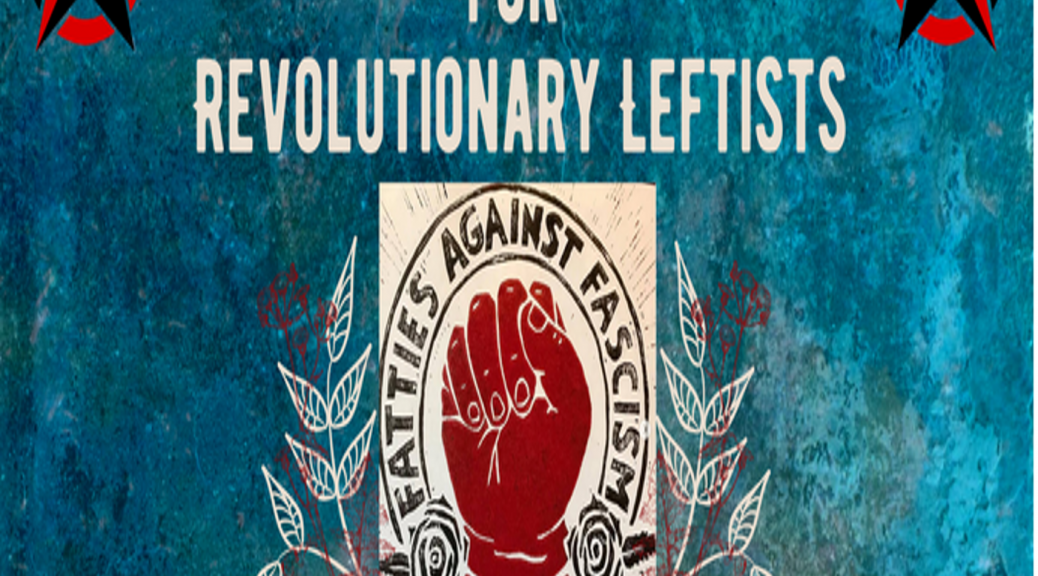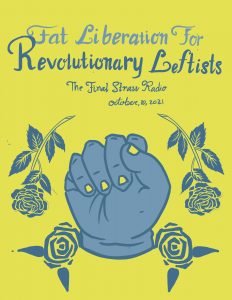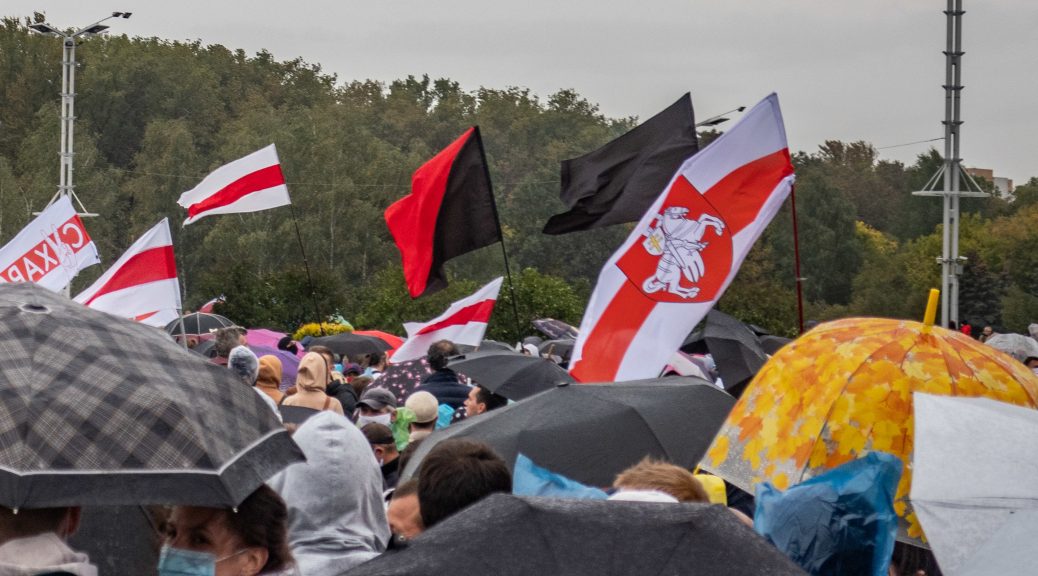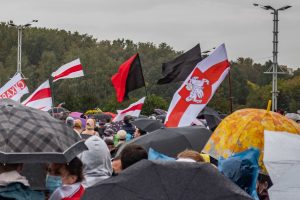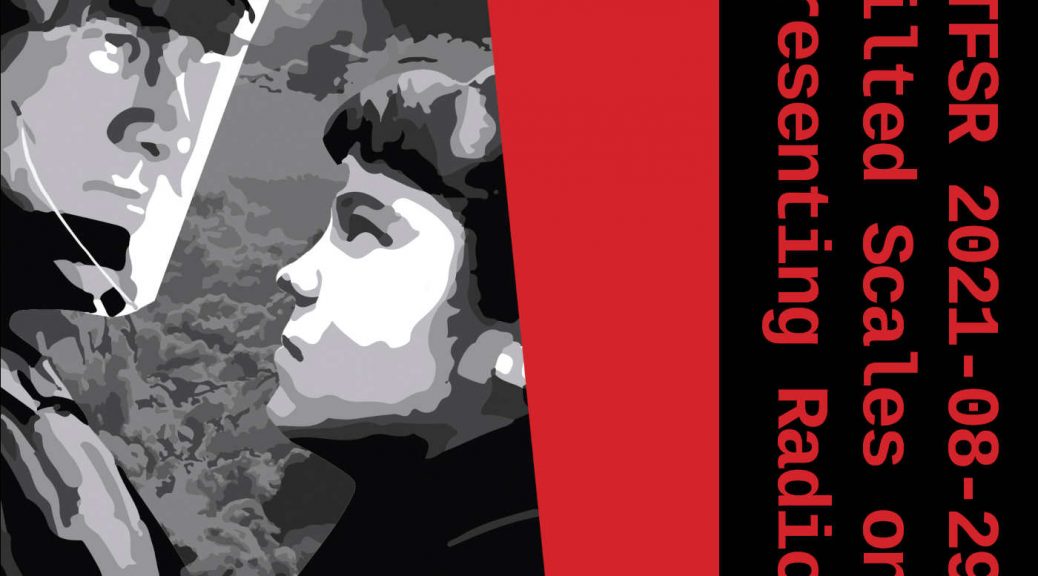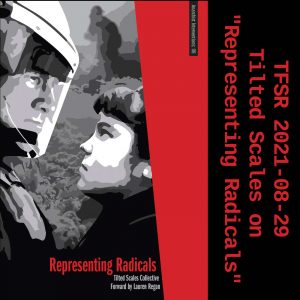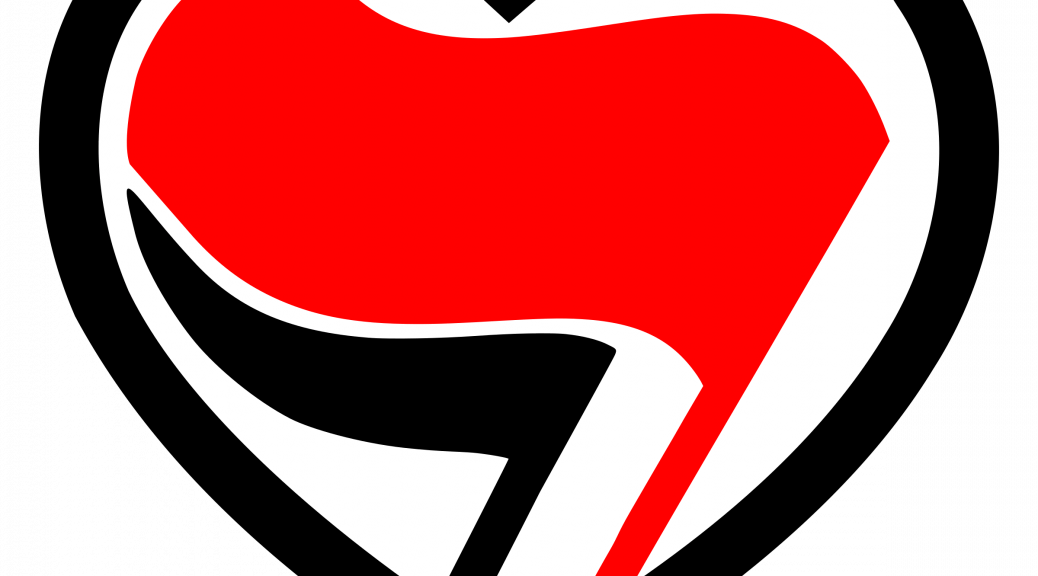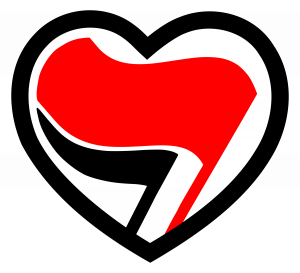Ecological Uprising, Antifascism & Anarchist Organizing in Serbia
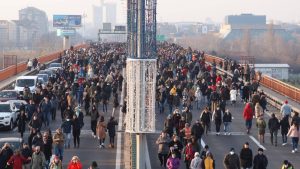
Serbia has been rocked by recent, mass blockades in the streets to challenge changes to the Law of Expropriation which would allow the state to take farm lands and other private property to open space for constructing mega projects and extraction like the proposed Rio Tinto lithium and jadarite mine in the Jadar Valley. This is building off of earlier ecological protests in 2021 against the building of private mini hydroelectric power plants along rivers in Stara Planina (aka the Balkan mountain range) threatening access to and health of drinking water. These protest in December forced the 12-year ruling right-neoliberal SNS Party to backtrack and modify plans for the Expropriation and public Referendum laws and put an undefined pause on Rio Tinto’s mine.
For the hour, we speak with Marko about those protests, the influence of western NGOs in politics, the Linglong Tire Factory scandal, labor and solidarity organizing with the Anarcho-Syndicalist Initiative of which hes a member and which is a part of the Internatioal Workers Association IWA-AIT and challenges faced by leftist anti-authoritarian organizers in former Yugoslavia. He also speaks about his experience of the covid pandemic in Serbia, the politics of anti-lockdown protests, anti-vaxers and the far right in general around Serbia, the impact of US-born neo-nazi Rob Rundo of the Rise Above Movement and Media2Rise who has returned to Serbia despite being deported to Bosnia and has been organizing fight clubs, international ties and solidarity between various fascistic groups around Belgrade.
Covid Mutual Aid in Serbia
- Solidarity Kitchen in Belgrade: https://solidarnakuhinja.org/solidarity-kitchen/
Belgrade 6
- Belgrade 6 Solidarity with Thodoros Iliopoulos in 2009: https://libcom.org/news/belgrade-six-serbian-anarchists-arrested-international-terrorism-15122009
Ecological Uprising
- Background on the protests: https://www.masina.rs/eng/one-of-the-legal-prerequisites-for-the-rio-tinto-lithium-mine-in-serbia-has-been-abolished/
- Article on police using Biometric data to target activists for arrest: https://www.masina.rs/eng/misdemeanour-charges-for-attending-protests-did-the-police-use-biometric-surveillance/
- Rio Tinto’s destruction in Bougainville, Papua New Guinnae sparked a crisis leading to a civil war: https://en.wikipedia.org/wiki/Bougainville_conflict
Labor Issues
- Linglong Tire factory where Vietnamese workers in Serbia were enslaved: https://www.scmp.com/week-asia/people/article/3157073/vietnamese-workers-chinese-tyre-factory-serbia-get-back-passports
- International Workers Association – Asociación Internacional de los Trabajadores (Anarcho-Syndicalist International) https://iwa-ait.org/
- Anarcho-Syndicalist Initiative / Sindikalna konfederacija Anarho-sindikalistička inicijativa of which Marko is a member: https://inicijativa.org/
- An introduction to Anarcho-Syndicalist principles by an Australian member of IWA-AIT: https://youtu.be/0RwlaNva_4g
Anti-Fascism
- Ratko Mladic war criminal Mural: https://apnews.com/article/ratko-mladic-belgrade-europe-serbia-war-crimes-ab9d3a2bc7a65ecafcb281d8d170d4d5
- Beograda AntiFascist Action:
- facebook: https://www.facebook.com/antifasistibgd/
- website: https://antifa.rs/
- Rob Rundo, US Nazi from Rise Above Movement & Media2Rise covered by Bellingcat: https://www.bellingcat.com/news/uk-and-europe/2021/12/02/on-the-run-again-has-us-white-supremacist-rob-rundo-returned-to-serbia/
- Bellingcat on Levijatan / Leviathan Movement: https://www.bellingcat.com/news/2020/06/18/levijatan-serbian-animal-rights-vigilantes-go-to-the-polls/
- Zentropa Srbija & Kormilo Srbija (Serbian Helming): no links but noted for further research
Continue reading Ecological Uprising, Antifascism and Anarchist Organizing in Serbia

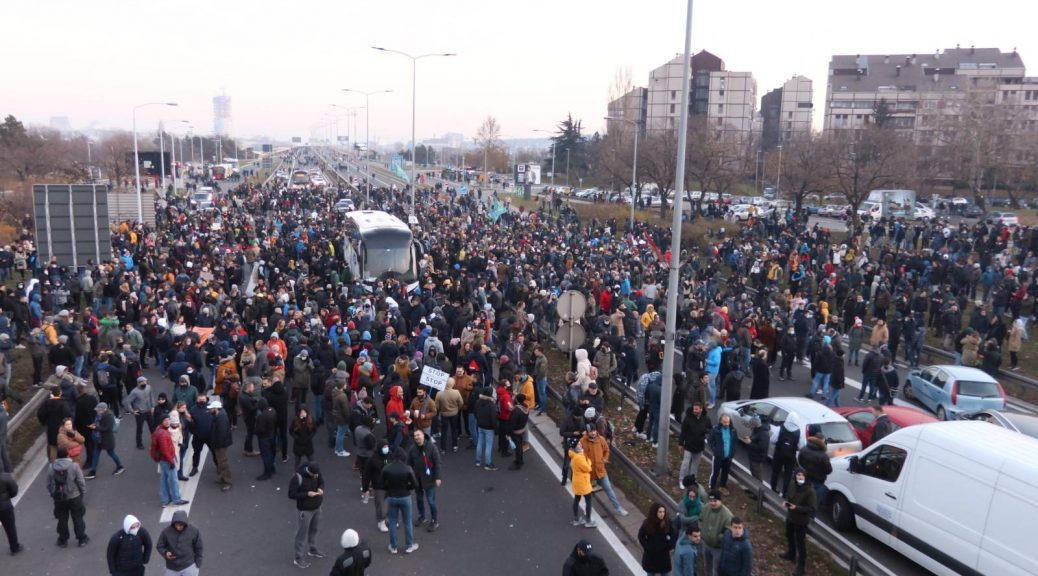
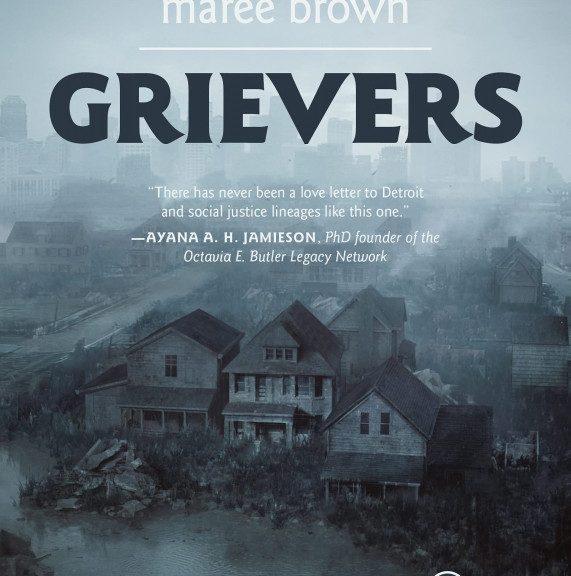
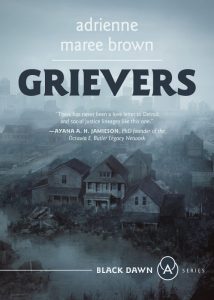

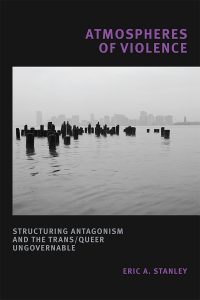
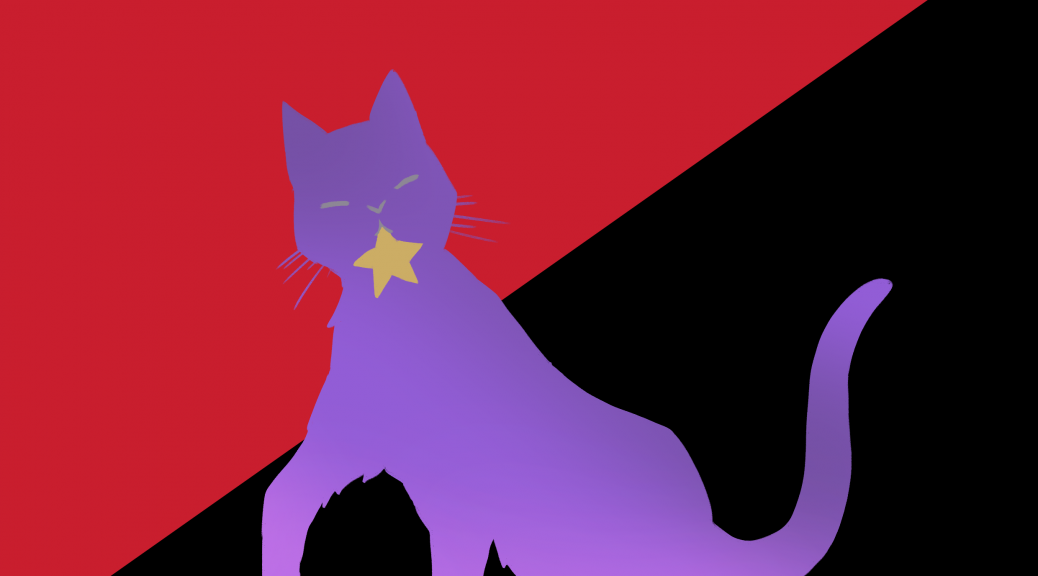
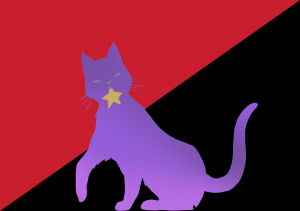
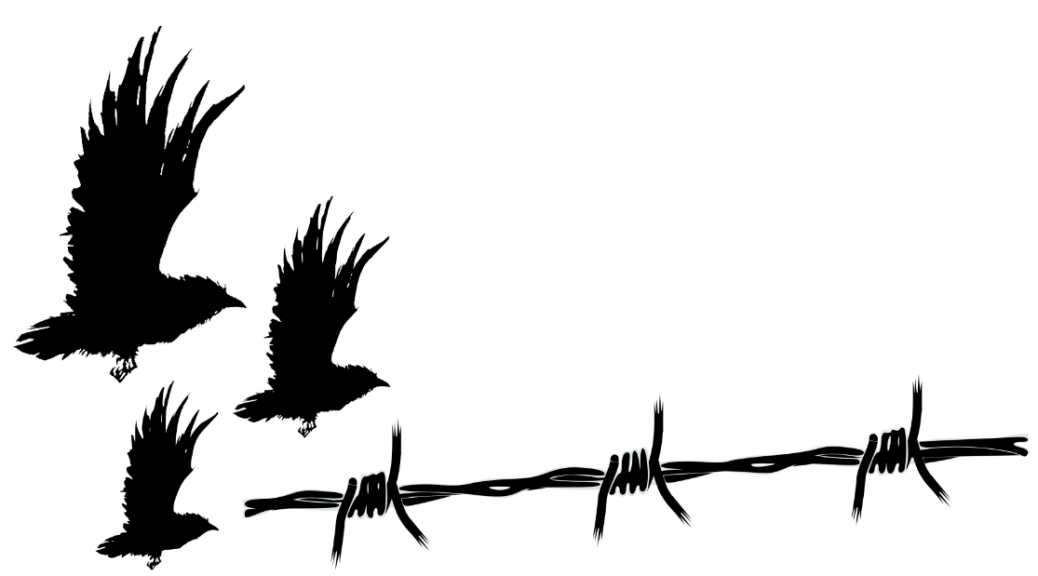
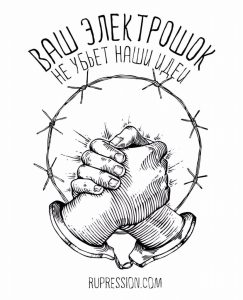

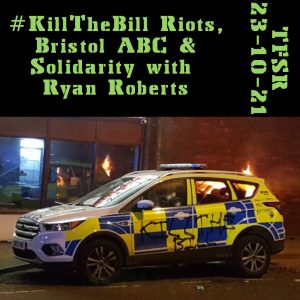
 Check our show notes for more links, including our conversation with Dónal O’Driscoll from November of 2020 about the SpyCops case. There’s also a new podcast out called SpyCops Info that includes folks who had been part of groups infiltrated by undercover pigs in the UK in past decades talking about individual cops and the ongoing inquiry that’s worth giving a listen to:
Check our show notes for more links, including our conversation with Dónal O’Driscoll from November of 2020 about the SpyCops case. There’s also a new podcast out called SpyCops Info that includes folks who had been part of groups infiltrated by undercover pigs in the UK in past decades talking about individual cops and the ongoing inquiry that’s worth giving a listen to: 